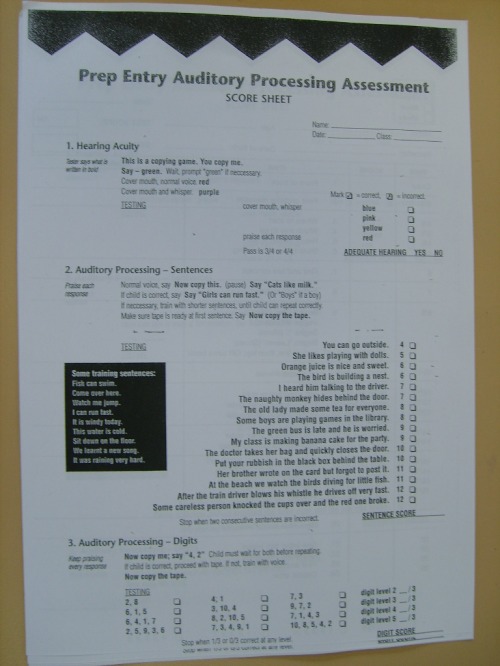I’ve been working this year with Steve Peha author of Be a Better Writer. I’ve actually used Steve’s material for many years and knew his book would be an outstanding resource for students and teachers. We’ve been looking at ways to structure curriculum and I can see enormous merit in Steve’s Integrated Literacy as a starting point for conversation about best practice.
The term community of learners is a meaningful descriptor for any group of students.
There is concern among educators that the teaching of literacy has moved away from an holistic approach to a segmented approach e.g. one hour reading & one hour writing, without highlighting the conceptual links between reading, writing and oral language.
Integrated Literacy is a framework for K-12 instruction that leverages the complementary nature of reading and writing to make learning easier for kids and teaching better for teachers. Steve Peha

Steve explains how Writer’s Workshop and Reader’s Workshop fit well into an integrated literacy approach. Our programs need to provide explicit teaching but there are many approaches to workshops to achieve this.
Workshops clearly have to meet students where they are at, often referred as ‘point of need’. Once assessment has been completed, workshops can be structured using a variety of teaching approaches depending on where a student or group of students are at e.g. modelled, shared, directed, suggested and facilitated.

Steve’s article explains the elements of a workshop e.g. Lesson, Status, Work, Conferencing and Sharing (Reflection). Read further and Steve explains the different ways to workshop.
The workshop approach requires a detailed curriculum planning guide covering all aspects of writing and reading using our curriculum, the IB-PYP and Inquiry. The planning guide needs to cover the study of genres, strategies and punctuation.
Steve’s book covers: Better Topics, Better Ideas, Better Organisation, Better Voice, Better Words, Better Sentences, Better Punctuation and Better Fiction.
This approach does not mean students are unable to explore writing and reading themselves, however, it is about ensuring explicit instruction is in the mix. I want students to see the interconnectedness of reading, writing and speaking.
Read like a Writer… Write like a Reader…Read as a Writer…Write as a Reader.
Steve and I are working on a curriculum framework based on the Australian Curriculum incorporating inquiry with links to material which supports explicit teaching within an holistic approach. This may take some time…
Cheers Nina








